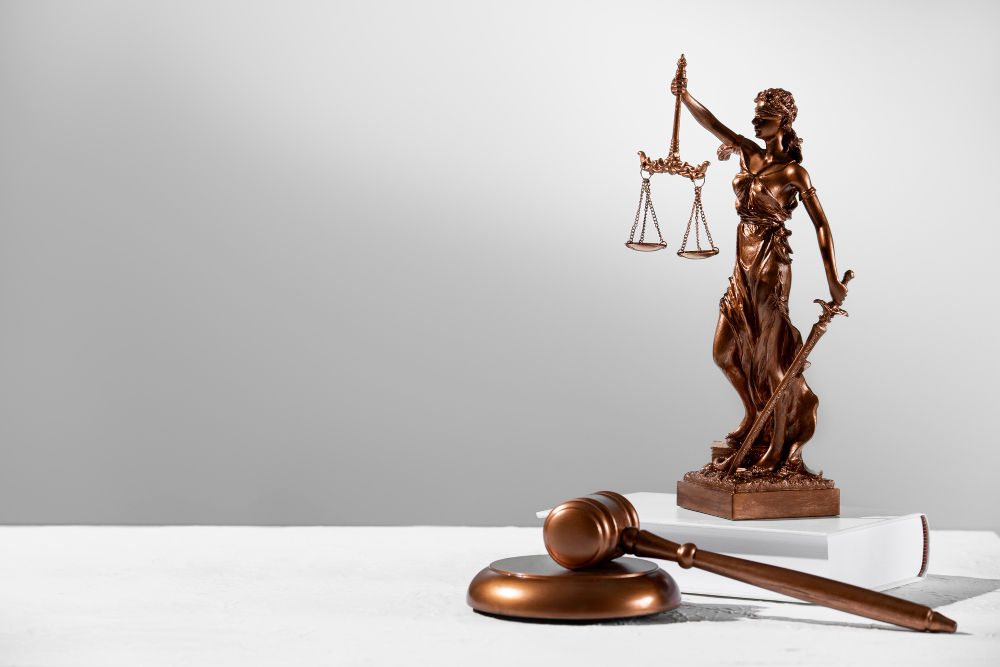Now Reading: Understanding Intentional Torts: Definition and Examples
-
01
Understanding Intentional Torts: Definition and Examples

Understanding Intentional Torts: Definition and Examples
Intentional torts, also known as intentional wrongdoings, are actions or behaviors that are done to cause harm to another person.
Here, we will explore the definition of intentional torts and provide examples to help you better understand the concept. We will also discuss the damages caused by intentional torts and how they are handled.
What Are Intentional Torts?
Intentional torts refer to any actions taken to cause harm or injury to another person. This can include physical and emotional harm, as well as property damage. Unlike unintentional torts, intentional torts involve a deliberate decision to cause harm, rather than an accidental or negligent act.
Intentional torts can take many forms, including assault, battery, false imprisonment, trespassing, and defamation. These actions can also be considered criminal offenses and may result in civil and criminal charges. Intentional torts are taken very seriously by the legislature and can carry serious consequences for the perpetrator.
Examples of Intentional Torts
To better understand what constitutes an intentional tort, let’s look at some examples:
- Assault: This involves intentionally causing the fear of harm or imminent physical contact. For example, if someone threatens to hit you with a weapon, that can be considered assault
- Battery: This refers to the intentional and harmful touching of another person without their consent. For instance, punching or slapping someone would be considered battery
- False Imprisonment: This involves intentionally restricting a person’s freedom of movement against their will. For example, holding someone hostage or locking them in a room would be considered false imprisonment
- Trespassing: This refers to intentionally entering another person’s property without permission. This can include physical and digital trespassing, such as hacking into someone’s computer
- Defamation: It involves intentionally making false statements about a person that harm their reputation. This can include slander (spoken defamation) and libel (written defamation)
Damages Caused by Intentional Torts
In the state of America, victims of intentional torts may be able to seek compensation for damages caused by these actions. In addition to economic damages, these losses can also include non-economic losses such as lost wages, medical expenses, and emotional suffering.
The compensation awarded for intentional torts may also include punitive damages. In punitive damages, the perpetrator is punished and deterred from repeating similar actions in the future.
It’s important to note that some states uses a modified comparative negligence rule, meaning that the amount of compensation a victim receives may be reduced if they are found to have contributed to their injuries in any way. This is why victims must seek legal advice from a personal injury attorney who knows how to navigate the complexities of intentional tort cases.
How to Protect Yourself Against Intentional Torts
While it may not always be possible to prevent intentional torts, there are some things you can do to protect yourself and your family:
- Be cautious in your interactions with others, and try to avoid confrontations
- If you feel threatened or unsafe, remove yourself from the situation quickly
- Report any instances of harassment or abuse to the authorities
- Seek legal advice if you become a victim of an intentional tort
Finally!
Intentional torts can have severe consequences for both the victim and the perpetrator. In the U.S., these actions are taken very seriously and can result in criminal and civil charges. If you or someone you know has been a victim of an intentional tort, it’s essential that you seek legal counsel to understand what rights and options you may have for compensation.
Remember, protecting yourself and those around you is crucial in preventing intentional torts. So, always be mindful of your actions and seek help to avoid any potential harm caused by intentional torts.










